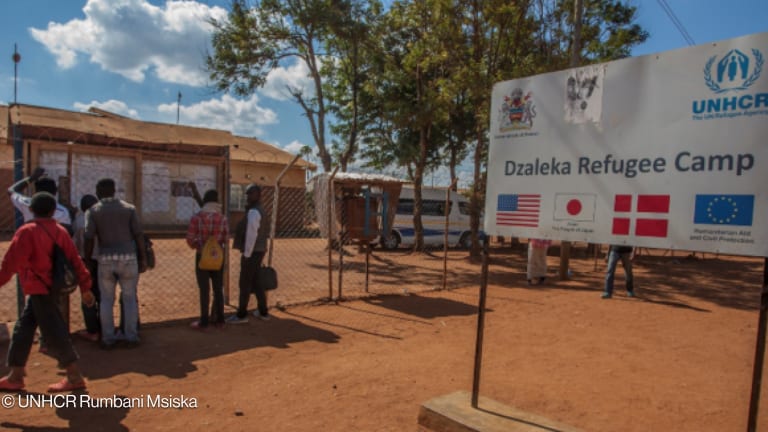The United States’ 90-day freeze on USAID programs is threatening critical services in Bangladesh's Rohingya refugee camps, where essential food, health, and sanitation programs face disruption and closing down.
This latest blow comes as the humanitarian response in Cox's Bazar faces its lowest funding levels since 2018, compounded by Myanmar's escalating civil war and rising violence within the camps. With over a million refugees dependent on aid, the funding uncertainty is pushing an already fragile situation toward crisis.
The USAID freeze is straining humanitarian operations, with Rohingya refugees and aid workers reporting the shutdown of several hospitals in the camps and potential disruptions to key health and water, sanitation, and hygiene programs.








